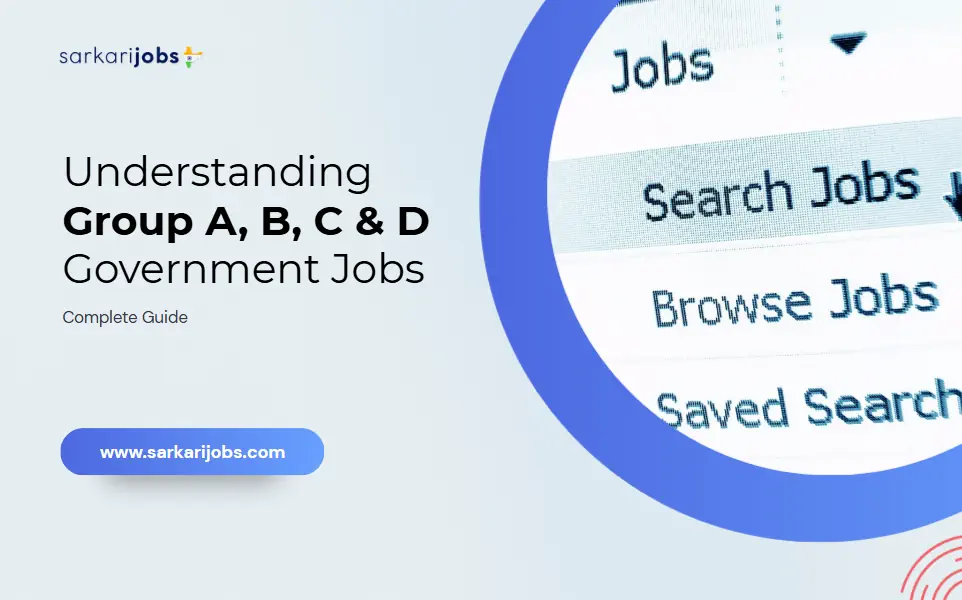Why Business Analytics Skills Are Now Essential in Every Senior Management Role
In today’s rapidly evolving business landscape, data has emerged as the new currency. Organizations across industries are grappling with an unprecedented volume of information, and the ability to extract meaningful insights from this data has become a critical differentiator. In today’s rapidly evolving business landscape, data has emerged as the new currency. Organizations across industries are grappling with an unprecedented volume of information, and the ability to extract meaningful insights from this data has become a critical differentiator.

This shift has profound implications for senior management, where strategic decisions, once guided primarily by experience and intuition, now demand a robust foundation in data-driven analysis. The traditional role of a senior manager is no longer sufficient; a deep understanding of business analytics is no longer a niche skill but an essential competency.
This article explores why business analytics skills are indispensable for every senior management role, highlighting the transformative impact of data on leadership and decision-making.
The Evolving Role of Senior Management in a Data-Driven World
The advent of big data and advanced analytical tools has fundamentally reshaped the responsibilities of senior leaders. No longer can they delegate data analysis solely to specialized teams. Instead, they must actively engage with data, interpret its implications, and leverage it to formulate and execute business strategies. iim calcutta senior management program shift in mindset from reactive problem-solving to proactive, insight-driven leadership.
Key Pointers:
• Strategic Decision-Making: Business analytics provides senior managers with the ability to make informed decisions based on empirical evidence rather than assumptions. This includes everything from market entry strategies and product development to resource allocation and risk management.
• Performance Optimization:
The advent of big data and advanced analytical tools has fundamentally reshaped the responsibilities of senior leaders. No longer can they delegate data analysis solely to specialized teams. Instead, they must actively engage with data, interpret its implications, and leverage it to formulate and execute business strategies. This requires a shift in mindset from reactive problem-solving to proactive, insight-driven leadership.
Key Pointers:
• Strategic Decision-Making: Business analytics provides senior managers with the ability to make informed decisions based on empirical evidence rather than assumptions. This includes everything from market entry strategies and product development to resource allocation and risk management.
• Performance Optimization: By analyzing operational data, senior managers can identify inefficiencies, optimize processes, and improve overall organizational performance. This leads to cost savings, increased productivity, and enhanced profitability.
• Customer Centricity: Understanding customer behavior through data analytics allows senior management to tailor products, services, and marketing efforts to meet evolving customer needs, fostering stronger customer relationships and loyalty.
• Competitive Advantage: In a highly competitive global market, organizations that effectively leverage business analytics gain a significant edge. Senior leaders equipped with these skills can identify emerging trends, anticipate market shifts, and innovate faster than their rivals.
• Risk Mitigation: Data analytics enables senior managers to identify potential risks, predict their impact, and develop mitigation strategies. This proactive approach minimizes financial losses and reputational damage.. This leads to cost savings, increased productivity, and enhanced profitability.
• Customer Centricity: Understanding customer behavior through data analytics allows senior management to tailor products, services, and marketing efforts to meet evolving customer needs, fostering stronger customer relationships and loyalty.
• Competitive Advantage: In a highly competitive global market, organizations that effectively leverage business analytics gain a significant edge. Senior leaders equipped with these skills can identify emerging trends, anticipate market shifts, and innovate faster than their rivals.
• Risk Mitigation: Data analytics enables senior managers to identify potential risks, predict their impact, and develop mitigation strategies. This proactive approach minimizes financial losses and reputational damage.
Essential Business Analytics Skills for Senior Management

For senior managers to thrive in this data-driven environment, a specific set of business analytics skills is crucial. These go beyond mere technical proficiency and encompass a blend of analytical acumen, strategic thinking, and leadership capabilities.
Key Pointers:
• Data Literacy: The ability to understand, interpret, and communicate with data is fundamental. This includes comprehending data sources, types, and limitations, as well as recognizing potential biases.
• Statistical Thinking: Senior managers need a basic grasp of statistical concepts to interpret analytical models, understand correlations, and evaluate the significance of data-driven insights. This doesn’t necessarily mean becoming a statistician, but rather being able to critically assess statistical findings.
• Analytical Tools and Technologies: While not expected to be hands-on data scientists, senior managers should be familiar with the capabilities of various analytical tools and platforms (e.g., BI dashboards, predictive modeling software) to effectively guide their teams and understand the outputs.
• Problem-Solving with Data: The core of business analytics lies in using data to solve complex business problems. Senior managers must be able to frame business questions in a way that can be answered with data, and then translate analytical findings into actionable strategies.
• Data Visualization and Communication: Presenting complex data insights in a clear, concise, and compelling manner is vital. Senior managers must be adept at interpreting data visualizations and communicating their implications to diverse stakeholders, both technical and non-technical.
• Ethical Considerations in Data: With the increasing use of data, ethical considerations around data privacy, security, and responsible AI become paramount. Senior managers must understand these implications and ensure their organization adheres to best practices and regulations.
The Role of Specialized Programs:
Recognizing the growing demand for data-savvy leaders, institutions like IIM Calcutta have developed specialized programs to equip senior professionals with the necessary business analytics skills. The IIM Calcutta Senior Management Program is a prime example, designed to enhance the analytical capabilities and strategic perspectives of experienced executives. These programs often integrate theoretical knowledge with practical applications, case studies, and real-world projects.
Furthermore, dedicated offerings like the IIM Business Analytics Course delve deeper into the technical and strategic aspects of data analysis, providing a comprehensive understanding of various analytical techniques, tools, and their application in different business functions. Such courses are instrumental in bridging the gap between traditional management practices and the demands of a data-intensive economy, ensuring that senior leaders are well-prepared to navigate the complexities of modern business challenges.
Conclusion
The integration of business analytics into senior management roles is not merely a trend but a fundamental transformation in how organizations operate and succeed. In an era defined by data, leaders who possess a strong command of business analytics are better positioned to drive innovation, optimize performance, and maintain a competitive edge. Programs like the IIM Calcutta Senior Management Program and various IIM Business Analytics Course are vital in cultivating this new generation of data-fluent leaders.
For any senior manager aspiring to lead effectively in the 21st century, embracing business analytics is no longer optional. It is an imperative that empowers them to make smarter decisions, anticipate future challenges, and steer their organizations towards sustainable growth and prosperity. The future of leadership is data-driven, and those who master the art and science of business analytics will undoubtedly be at the forefront.








 is part of No.1️⃣ fastest growing Sarkari jobs portal ✔️ in India. Here you can find latest career resources during 2024 for both freshers and professionals in various categories. You can get help in preparing yourself for the Job market in India with interesting and informative articles. Don't forget to subscribe to job alerts daily through E-mail, push notifications, whatsapp, telegram and other channels.
is part of No.1️⃣ fastest growing Sarkari jobs portal ✔️ in India. Here you can find latest career resources during 2024 for both freshers and professionals in various categories. You can get help in preparing yourself for the Job market in India with interesting and informative articles. Don't forget to subscribe to job alerts daily through E-mail, push notifications, whatsapp, telegram and other channels.